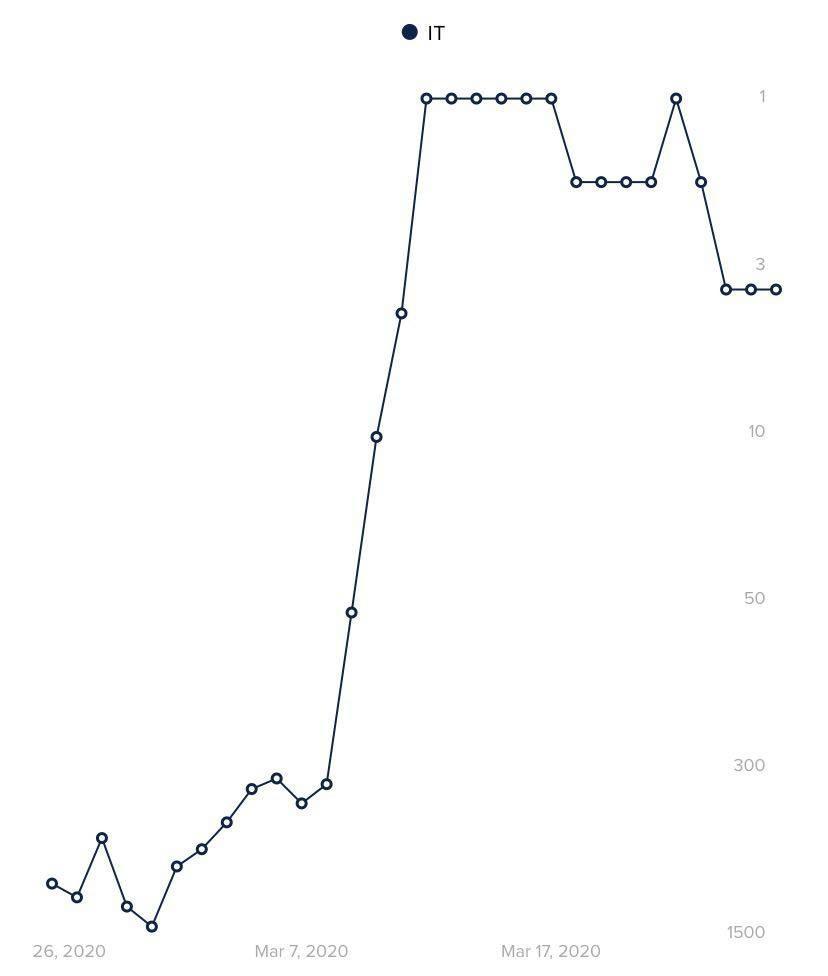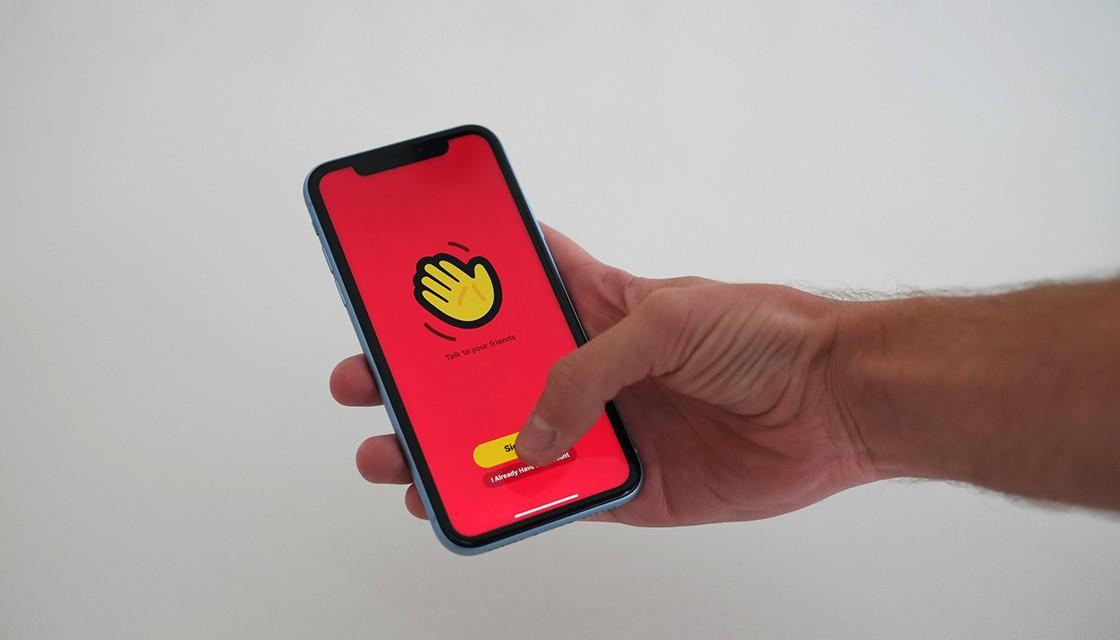As the coronavirus pandemic rages on, the global economy is taking a hammering and companies all over the world are struggling to stay afloat.
But while most businesses are just hoping to survive, a few are thriving in this new COVID-19 reality.
This is perhaps most apparent in the case of Houseparty, a free app that has experienced astronomical up-take in the weeks since coronavirus became a worldwide threat.
Houseparty is a social media app that allows users to video-chat and play games with one another in a similar way to if they were hanging out face-to-face.
But even the most optimistic forecasters at Epic Games - the company that bought the developer behind Houseparty last year - wouldn't have dreamed of achieving the level of success they have quite this quickly.
The rise of Houseparty around the world
Mobile application analytics company App Annie shows Houseparty has practically been an overnight success.
On March 17, it was ranked 1143rd overall in New Zealand on Apple's App Store. Just six days later, it had risen to 1st.

In that same period, it went from being our 12th most popular social media app, to ousting the likes of Instagram and Facebook be number one by March 23.
And this staggering rise isn't limited to Aotearoa; it's happened all around the world as more extreme COVID-19 measures have been put in place.
Indeed, one copywriter who'd been tracking Houseparty told The Financial Times its popularity "seems to have followed coronavirus around the globe".
For instance, according to App Annie, Houseparty started its climb up Italy's app download charts on March 9 - the same day it was placed into lockdown.

In the US and UK, as well as France, Spain and countries all around Europe, a similar rapid escalation in downloads was seen, coinciding with the introduction of stringent coronavirus protocols.
So why is Houseparty so popular?
Houseparty's success seems to come from it having a much more informal feel when compared to its rivals - it's much more geared to social interactions than professional video-call platforms like Google Hangouts or Zoom.
The app accesses your contacts and allows you to be in contact with up to eight people at a time.
If you leave the 'door' to the conversation unlocked, mutual friends can 'walk in' - much like a house party in real life. If that's not your cup of tea, you can also lock the call to only be accessible to invitees.
One Kiwi Houseparty user told Newshub they thought the app's success was down to it feeling inherently fun.
"Everyone's using Zoom and Skype for their work calls, but Houseparty feels more social, like you'd only use it to talk to friends," she said.
The app's emphasis on socialising extends to screen-sharing capabilities and in-app games, like trivia quizzes and word association competitions.
"There's brilliant imperfection attached to the live connectivity - even the fact that you can like jump into other people's house parties," social media expert Lore Oxford told The Drum.
"They've managed to create a really frictionless, boundaryless intimacy, which feels about as close to real life as it can be."
What's coronavirus got to do with it?
You could be forgiven for looking at Houseparty's success and thinking its rise at the same time as COVID-19 was pure coincidence. If it's such a good app, why wouldn't it be doing well?
But Houseparty has existed since 2016 and before the last few months struggled to compete in any meaningful way with other major video-call apps.
All the evidence points to Houseparty downloads increasing at astronomic levels at the exact same time as cities, regions and countries enter lockdown or implement extreme self-isolation measures.
One of the app's main features is allowing users to see when their friends are at home and then notify them so they can start a video chat. But in lockdown, people are home all the time - which goes some way to explaining why it's become so popular in such a short space of time.
Part of this rise has something to do with the 'happy hour' trend that's recently been doing the rounds on social media, in which self-isolating friends video-call each other with alcohol in hand to chat about their day, in much the same way they would at after-work drinks.
This was first popularised in Italy, where Houseparty topped app store rankings just a couple of days into lockdown.
What happens to Houseparty when coronavirus is defeated?
But in spite of initial success in Italy, as the rate of infection there starts to slow and its residents prepare for a relaxing of their current COVID-19 measures, Houseparty is dropping away too.
Already, after peaking at 1st in Italy in mid-March, the app has quietly dropped to 4th in the Apple's rankings, according to App Annie.

So with its popularity in Italy falling away, will the success of Houseparty prove to be just a flash in the pan elsewhere too? Some experts believe it may.
Houseparty's co-founder Ben Rubin told The Financial Times one of the biggest changes they've witnessed during the coronavirus pandemic has been the increase in older people using the app.
"Houseparty has a big base around teenagers and always has. With everything that's going on, a bunch of adults now have the time and need for new connections," he said.
Which begs the question: when those adults are out of lockdown and return to work, will they still use Houseparty?
Owner Epic Games - which also developed Fortnite, the world's most-played video game ever - is reportedly confident it can capitalise on the newfound success in the long-term, and even start to monetise the app once the crisis is over.
But until then, it's yet to be seen if Houseparty is just the latest in a long line of short-term fascinations, or a genuine behemoth of the social media world.



